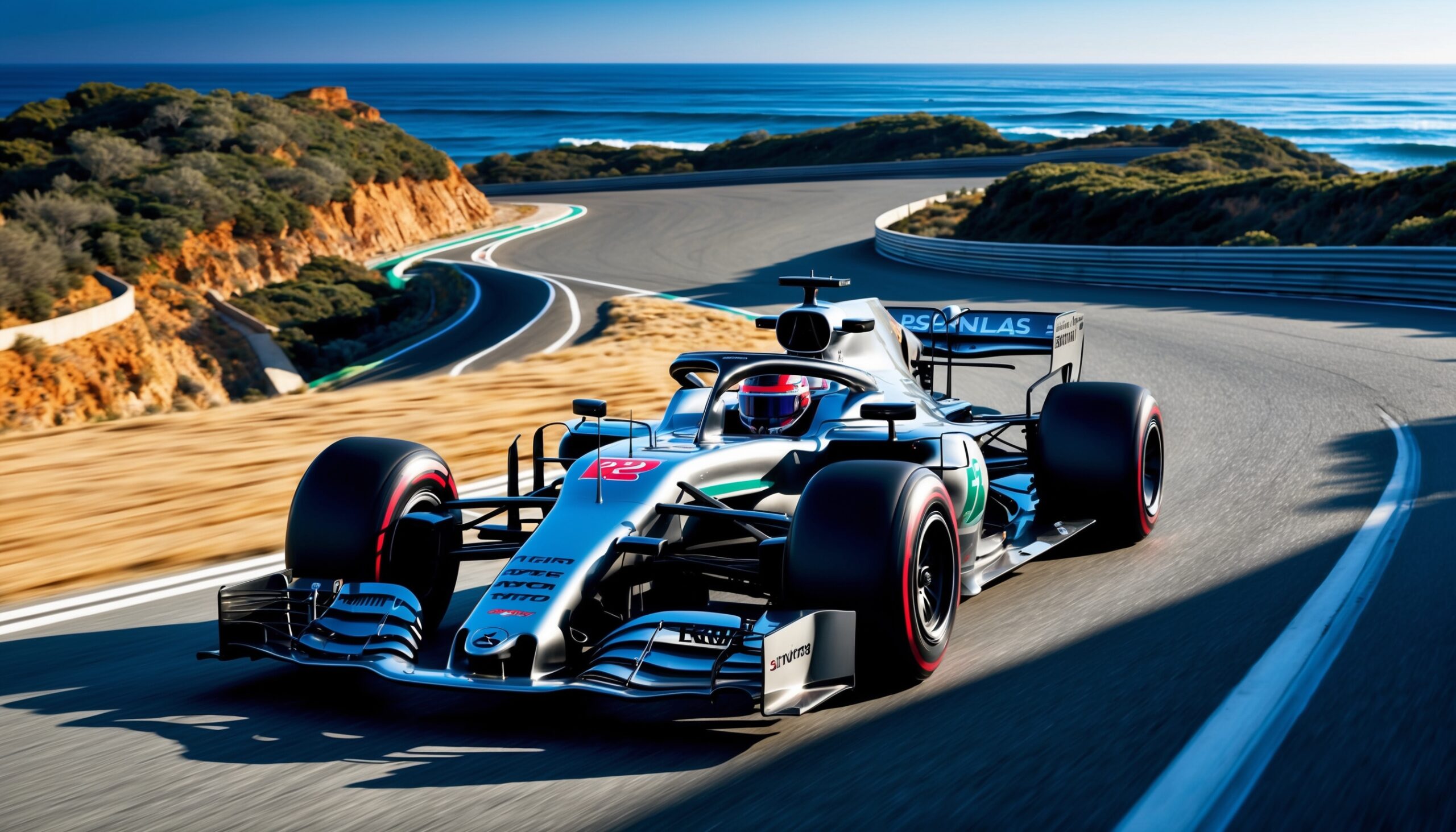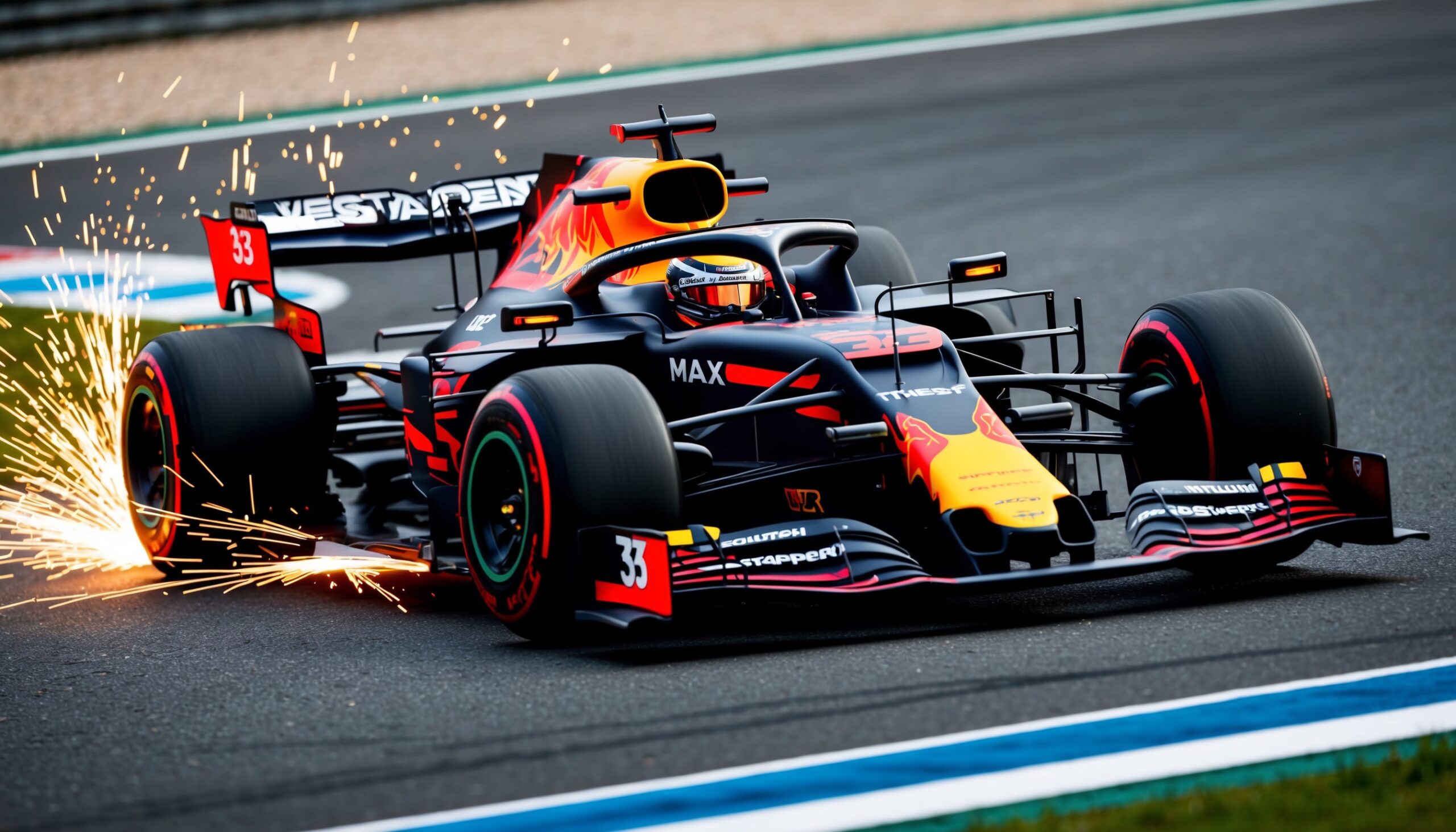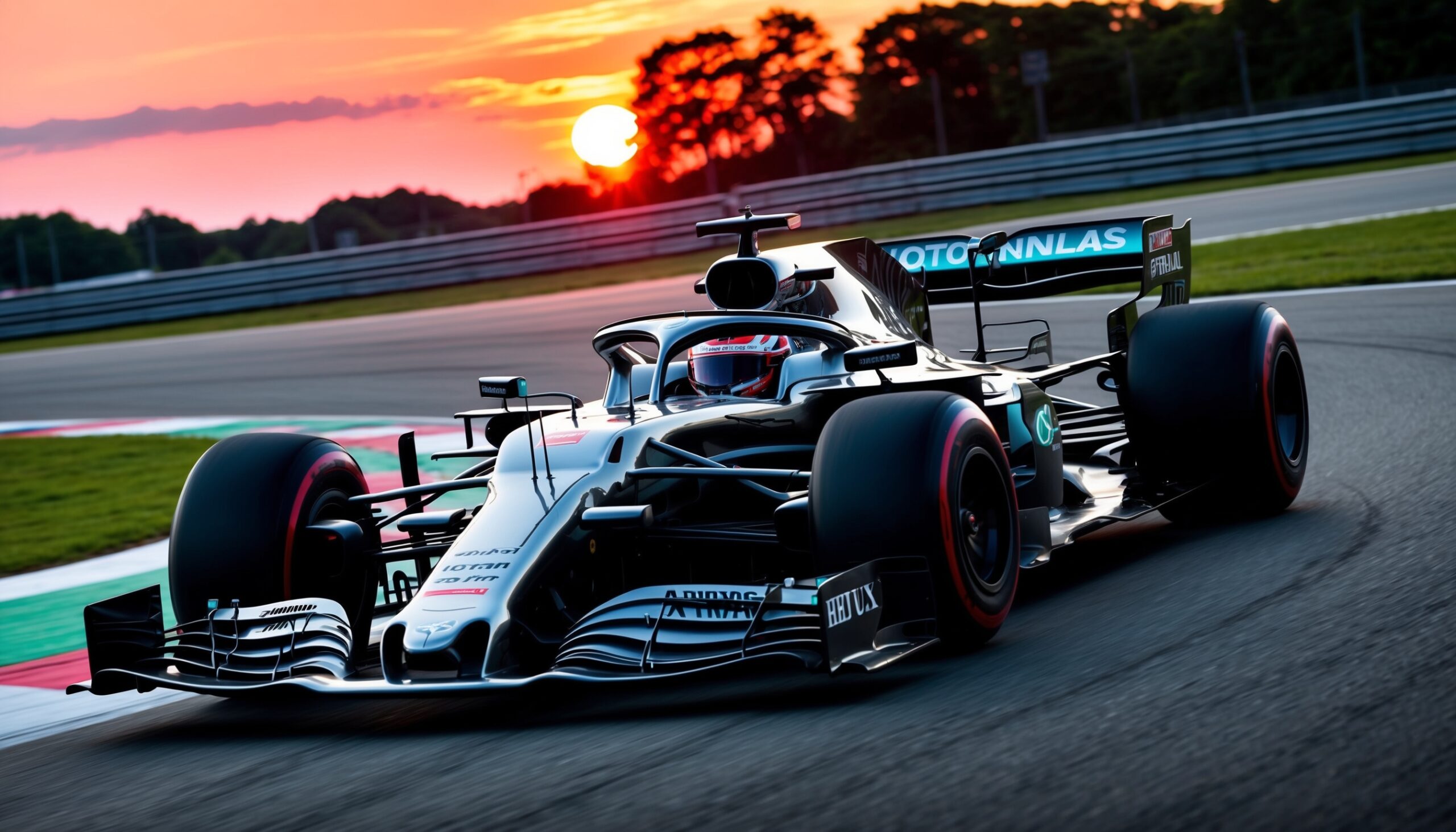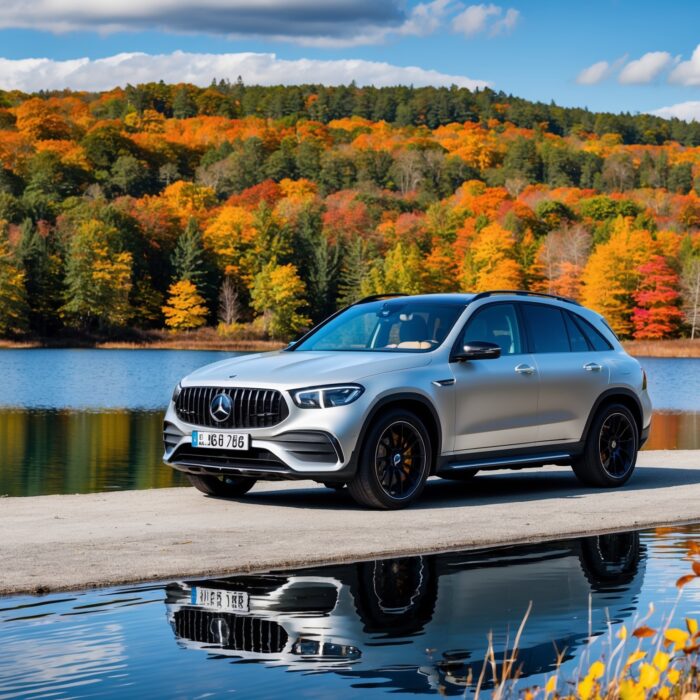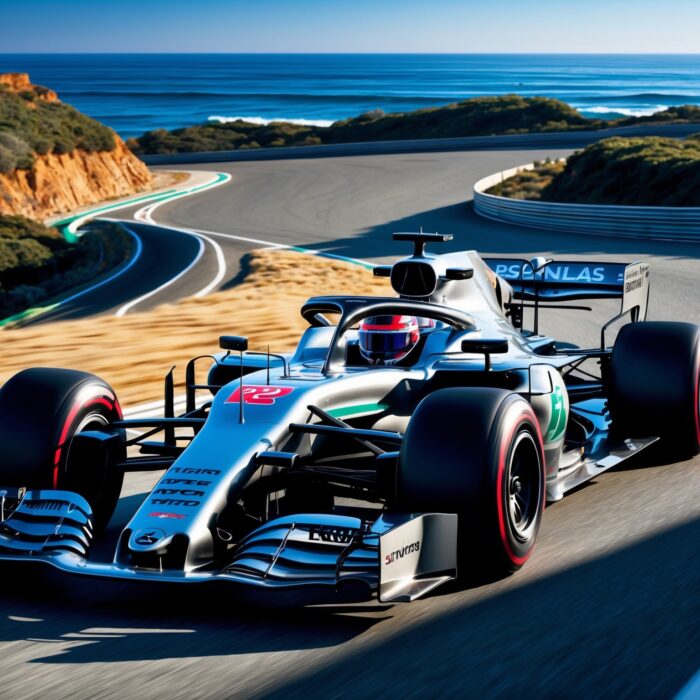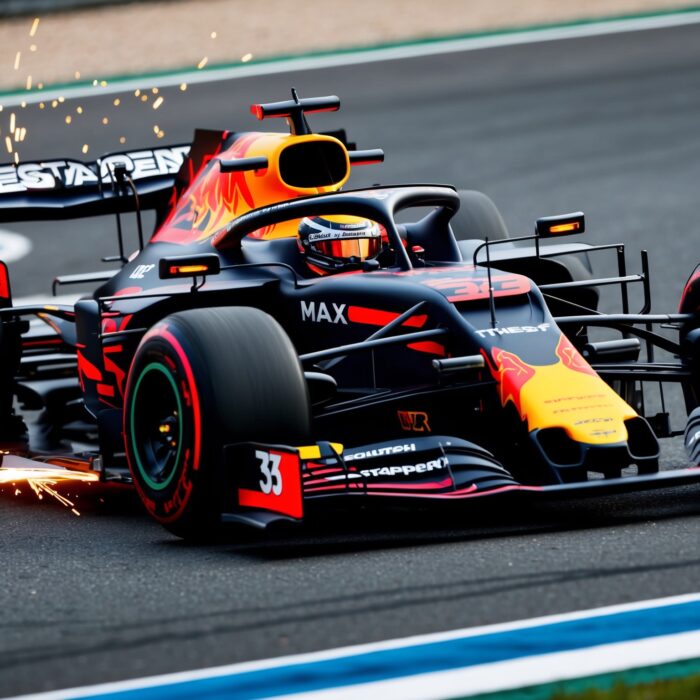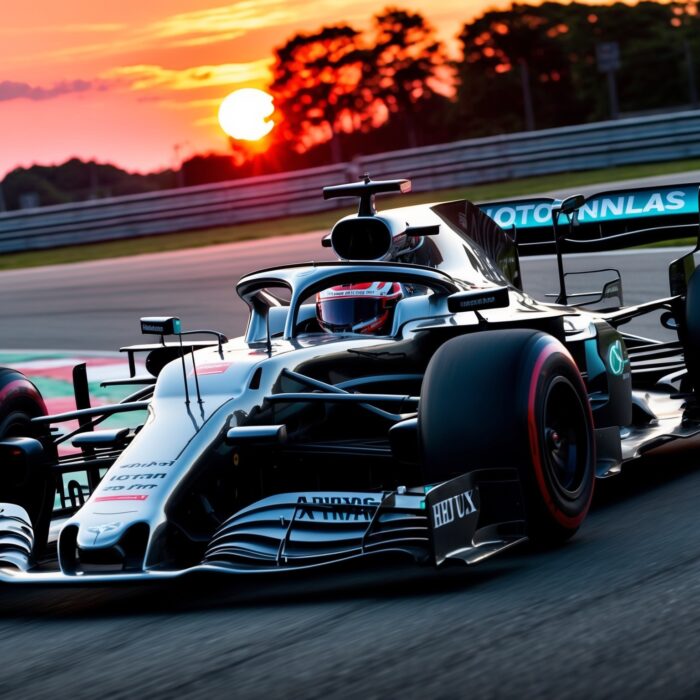Pole Position Has Been Vital in F1 2025 – But Will It Be Key to the Title?
As the roaring engines of Formula 1 echo across the circuits of 2025, one thing has become abundantly clear: pole position is not just a coveted starting spot; it’s a game-changer. With the introduction of new regulations, enhanced aerodynamics, and evolving tire strategies, securing that pole position has taken on a significance that could be the difference between championship glory and a season of frustration. Let’s dive into why pole position is more crucial than ever and explore its implications for the championship battle this year.
The Evolution of Pole Position in F1
Pole position has always been a coveted achievement in Formula 1, but the stakes have escalated dramatically in recent seasons. In 2025, we’ve seen a variety of factors that have made starting at the front of the grid not just advantageous, but almost essential for any serious title contender.
New Regulations and Their Impact
The 2025 season has welcomed a slew of regulations aimed at enhancing race safety and competitiveness. With cars being designed to be more aerodynamically efficient and capable of better tire management, the advantages of being in pole position have magnified.
Also Read: Denny Hamlin rockets to NASCAR Cup pole for Phoenix title race
- Aerodynamics: The new aerodynamic packages have made it more difficult for trailing cars to follow closely, reducing the effectiveness of DRS (Drag Reduction System) and making overtaking a challenge. This means that once a driver is in front, they can often maintain that lead.
- Tire Management: With the new tire compounds introduced in 2025, drivers starting from pole can dictate the pace of the race, allowing them to manage their tires better and avoid the degradation issues that can plague those starting from behind.
Statistical Trends in 2025
Looking at the statistics from the first half of the 2025 season, it’s clear that starting from pole has often translated to race wins. In fact, pole sitters have won a staggering percentage of races so far this year. Let’s break it down:
- Win Rate: Approximately 75% of races have been won by the pole sitter, a significant increase compared to previous years.
- Podium Finishes: Even when pole sitters don’t win, they often finish on the podium, showing that the front-row advantage is more than just a theoretical benefit.

The Drivers’ Perspective
For drivers, the pressure and psychology of starting from pole can’t be understated. The confidence boost that comes with securing the top spot is palpable, and it can influence both their performance and that of their competitors.
Also Read: F1 defends broadcasts following criticism from drivers and fans
Mind Games of Pole Position
Drivers often talk about the mental aspect of racing. Securing pole position can instill a sense of invincibility, while also putting immense pressure on those starting behind. Here’s what some of the top drivers have said about the importance of pole this year:
- Max Verstappen: “Starting from the front allows me to control the race. I can dictate the pace and manage my tires better.”
- Lewis Hamilton: “It’s all about confidence. When you’re on pole, you feel like you have the race in your hands.”
The Role of Strategy
In 2025, strategy has also evolved to place a greater emphasis on qualifying. Teams are now investing significantly in their qualifying setups, often sacrificing race pace for the sake of securing pole. This shift has added a new layer of complexity to the championship battle.
- Qualifying Sessions: Teams are using advanced simulations to optimize their setups specifically for qualifying, resulting in cars that excel in one-lap pace.
- Race Strategy: Teams that secure pole position can afford to adopt more conservative strategies during the race, allowing them to conserve tires and fuel.
The Championship Landscape in 2025
As we delve deeper into the championship standings for 2025, the correlation between pole position and title contention becomes increasingly apparent. The top teams have recognized the importance of qualifying, and their drivers are reaping the rewards.
Current Championship Contenders
With the season well underway, let’s take a look at the current championship contenders and how their performances in qualifying have impacted their standings:
- Red Bull Racing: Dominating the grid with multiple pole positions, their drivers are consistently at the front, translating this into race victories.
- Mercedes: While still competitive, they’ve struggled to match Red Bull’s qualifying pace, which has affected their race results.
- Ferrari: A team rebounding from previous seasons, their focus on qualifying has seen them secure more poles, keeping them in the championship hunt.
Will Pole Position Decide the Title?
As the championship battle heats up, the question remains: will pole position ultimately decide the title? Given the trends we’ve seen thus far, it seems likely. But the unpredictable nature of Formula 1 means surprises can always emerge.
Teams like Ferrari and Mercedes are continuously adapting, and as the season progresses, the ability to secure pole could become even more critical. If the current trend continues, we might see a direct correlation between pole positions and championship titles.
Future of Pole Position in F1
Looking ahead, it’s fascinating to speculate on how pole position might evolve in the future of Formula 1. As technology advances and teams become more adept at leveraging data, the role of qualifying will only become more pivotal.
Technological Advancements
The integration of AI and machine learning in race strategy and car setup could lead to even more optimized qualifying performances. It’s conceivable that teams may develop systems that can predict tire wear and track conditions with pinpoint accuracy, further enhancing their chances of securing pole.
Regulatory Changes
As F1 continues to evolve, regulatory changes could also play a role in how pole position affects race outcomes. We may see new rules that alter how qualifying is conducted or introduce additional points for qualifying performance, making it an even more critical factor in the championship.
Fan Engagement and Pole Position
For fans, the excitement of qualifying sessions has never been more palpable. With the stakes so high, the anticipation leading into qualifying has become almost as thrilling as the races themselves. Fans are now closely following not just the race results, but also the qualifying performances of their favorite drivers.
Qualifying as a Spectacle
Events like the Sprint Qualifying races have added another layer of intrigue, allowing fans to see drivers battle for that all-important grid position in a compressed format. These changes have made qualifying a must-watch event, leading to increased engagement and viewership.
Conclusion: The Road Ahead
As we continue through the 2025 F1 season, it’s clear that pole position has become a vital element in the championship battle. With the right combination of skill, strategy, and a bit of luck, the drivers who can consistently secure that top spot will likely find themselves in the running for the title. At Torque Feed, we’ll be following the developments closely, eager to see how the story unfolds as the season progresses. Will pole position be the key to crowning this year’s champion? Only time will tell.



